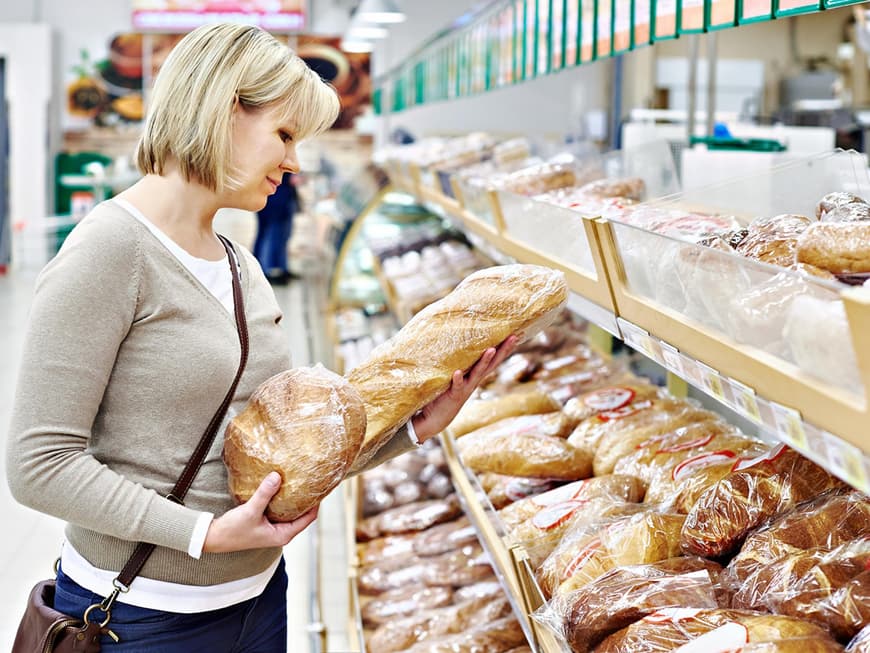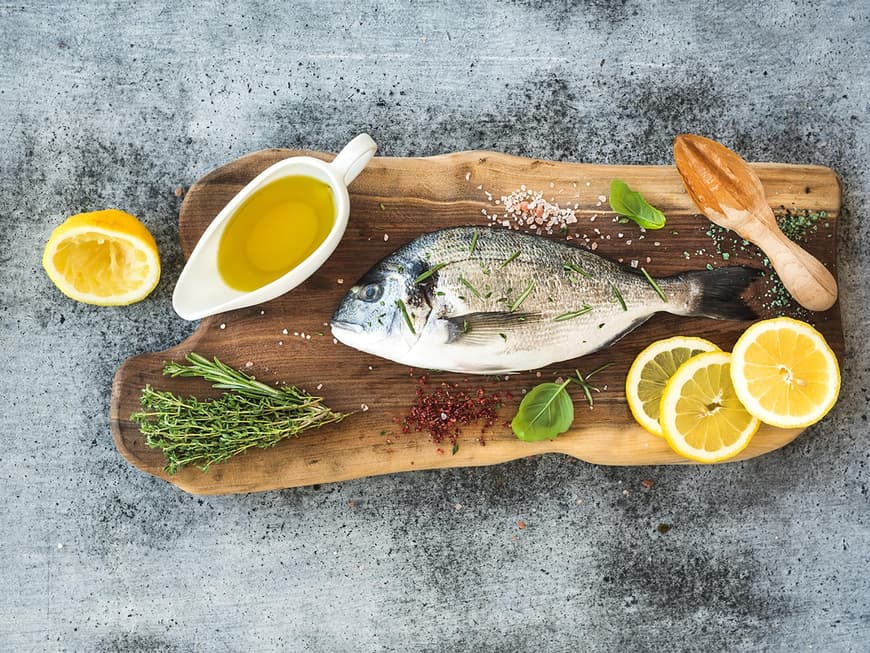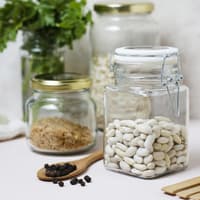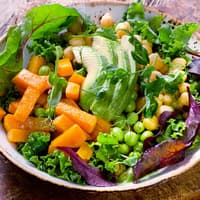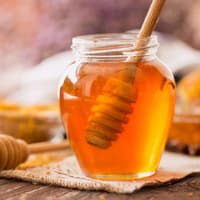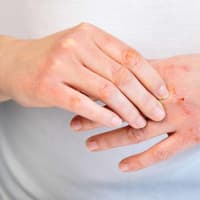1 Why is regional the new organic for fruit and vegetables?
The trend is towards short delivery routes and the promotion of local producers. Long transportation distances are detrimental to the environment and nutrients. Fruit and vegetables from local farmers are superior to organic products from Spain and overseas during the season.
2 How can wholemeal bread contribute to a healthy diet?
Don't be fooled by grains, advises TÜV-Rheinland: "Only if it says wholemeal on it, does it contain wholemeal." Genuine wholemeal bread consists of at least 90 percent wholemeal flour or wholemeal meal. It still contains all the components of the grain, i.e. iron, B vitamins, potassium, magnesium, zinc and fiber. White bread and the like contain up to two thirds less minerals and vitamins.
3 Is bread from the baker better than bread from the baking station?
As a rule, yes. Up to 20 additives are added per dough for frozen baked goods. "The baking industry has to add additives in order to be able to process their dough mechanically," says master baker Jörn Dwenger. "Our bread only contains flour, sourdough, water, yeast and salt." The natural sourdough makes the difference, because during the maturing process, cereal proteins that are difficult to digest are broken down, which are retained in the industrial quick-baking process.
4 Is organic milk healthier than conventionally farmed milk?
The Danish Institute for Agriculture and Food Analysis confirms this: Milk from cows that eat fresh grass and clover on pasture contains more omega-3 fatty acids, vitamin E and beta-carotene. Almost all organic products perform better here in tests.
5 Is it true that frozen vegetables can keep up with fresh produce?
Often yes. According to analyses, vegetables that are out of season, have long transportation routes or have been in the supermarket for a long time have a lower vitamin content than shock-frozen frozen goods.
6 Why is a vegan diet questionable for small children?
The German Nutrition Society (DGE) warns: "A vegan diet can lead to an undersupply of energy, proteins, iron, calcium, iodine, zinc, vitamin B2, vitamin B12 and vitamin D. The intake of long-chain fats and vitamins can be reduced. The intake of long-chain fatty acids is also low. The risk of nutrient deficiencies mainly affects infants, toddlers and children due to the high demand for nutrient density during growth and lower nutrient stores."
7 How much do I have to pay for a good egg?
An organic egg costs from 24 cents in the supermarket, and a barn egg costs around 12 cents. Prices from 40 cents are necessary so that farmers can really create the best conditions. What do we get in return, apart from happier chickens? Better feed affects the nutritional value of the egg. Studies show that eggs from free-range chickens that eat worms, insects and fresh plants have higher nutritional values.
8 Heavy metals and co.: Is fish really always healthy?
Thilo Maack from Greenpeace explains that fish is not always healthy: "Farmed fish from aquaculture absorb the harmful pesticide ethoxyquin through their feed. The levels are significantly higher." Organic farmed fish is usually not affected by this. Predatory fish such as pike, redfish, swordfish, halibut and tuna should also only be eaten once a week due to heavy metal contamination (including mercury).
9 And which fish can I buy with a clear conscience?
In addition to organic farmed fish, carp, herring (North Atlantic, Baltic Sea), saithe (Iceland, Norway), mackerel (North-East Atlantic) and catfish (not from Brazil and Asia) are healthy choices from good stocks, according to the WWF.
10 Cooking destroys nutrients, should I eat vegetables raw?
This is only true to a limited extent. Beans, eggplants and rhubarb are even poisonous when eaten raw and more than 50 percent raw food leads to stomach problems, explains nutritionist Iris Lange-Fricke: "The rest should be cooked. Some nutrients such as protein, beta-carotene and certain enzymes are absorbed much better by the body when the food is cooked."
11 What do the healthiest people in the world eat?
Depending on which study you follow, sometimes people from the Mediterranean countries, sometimes the Icelanders, sometimes the Swedes come out on top. They all eat a lot of fish and good fats with plenty of omega-3 and 6 fatty acids.
12 Can I still eat meat at all?
Yes, meat provides proteins and other valuable nutrients. However, the DGE recommends only 300 to 600 grams of meat and sausage per week. On average, however, Germans eat around 1.2 kilograms every week.
13 Which meat should I prefer to buy?
Red meat provides important iron, but it also puts a strain on the gut and is suspected of greatly increasing the risk of bowel cancer and heart attacks. Poultry meat is healthier and easier to digest. Organic meat is less contaminated with drug residues.
14 What are anti-nutrients and where are they found?
Orthomolecular physician Rineke Dijkinga: "Anti-nutrients are defensive substances that plants produce to avoid being eaten. They are difficult to digest and hinder the absorption of nutrients. They are found in cereals, coffee, tea, raw cabbage and rhubarb, among other things. People with thyroid problems should eat these foods in moderation."
15 How do I protect myself from pesticides on food?
Every year, the EWG (Environmental Working Group) selects the fruit and vegetables that are least contaminated with pesticides:
Organic doesn't pay off here
The "Clean Fifteen" list includes foods that are not or hardly contaminated with pesticides: Pineapple, eggplant, avocado, cauliflower, peas, grapefruit, honeydew melon, kiwi, cabbage, corn, mango, papaya, asparagus, watermelon, onion.
Organic is important here
Vegetables and fruit that are very sensitive and have to be sprayed a lot or have a particularly permeable skin belong to the "dirty dozen": Apple, strawberry, celery, peach, nectarine cucumber, spinach, tomato, cherry, bell pepper, chili pepper, grape.


